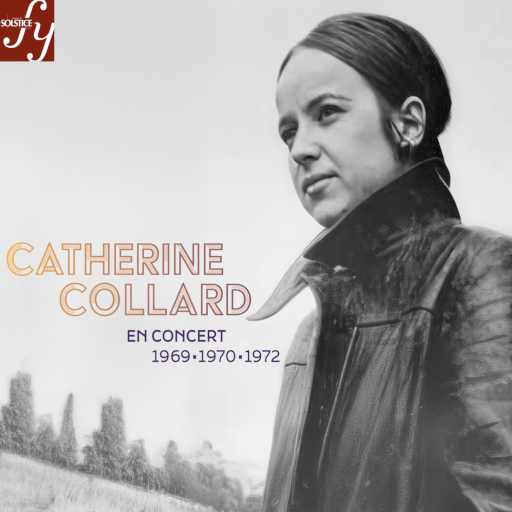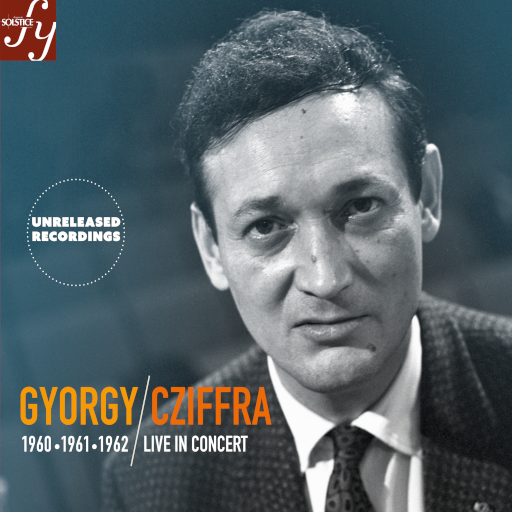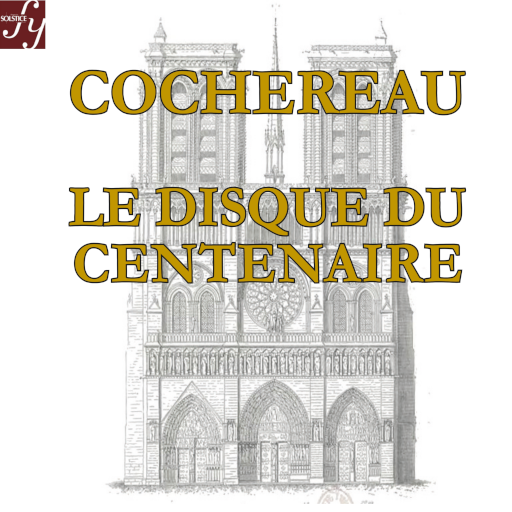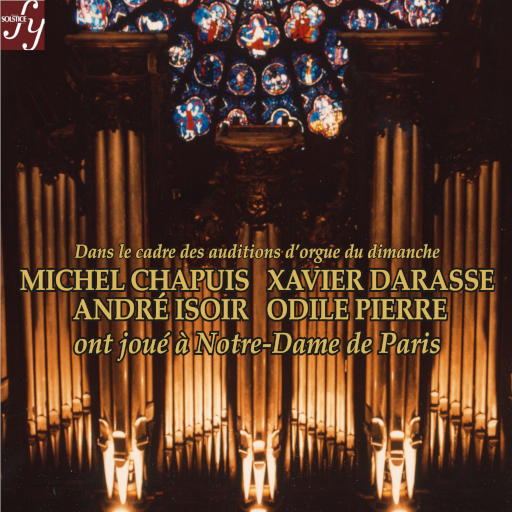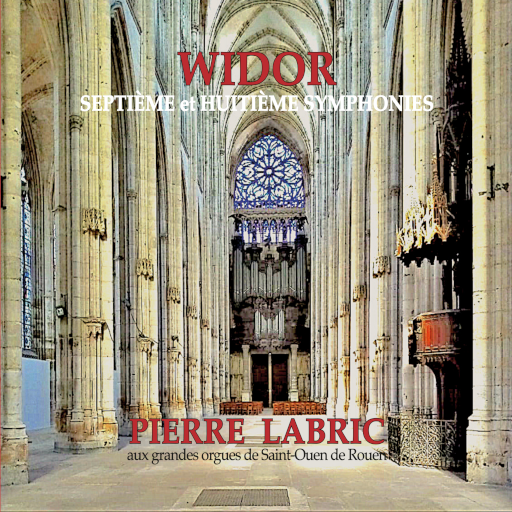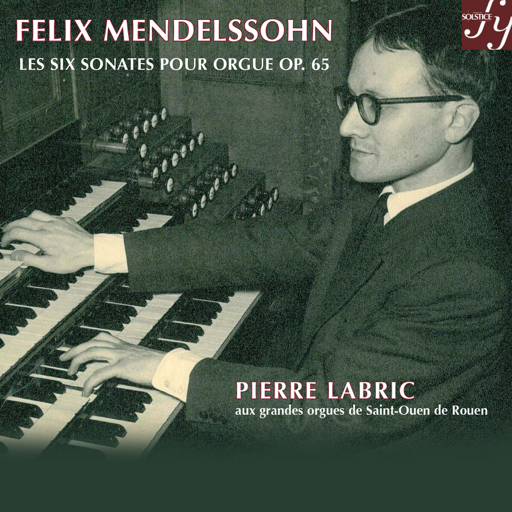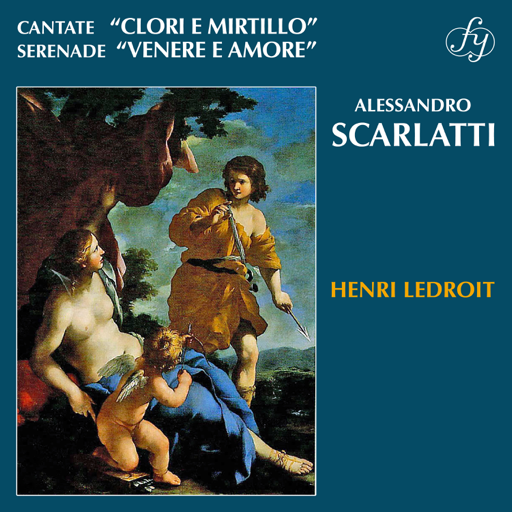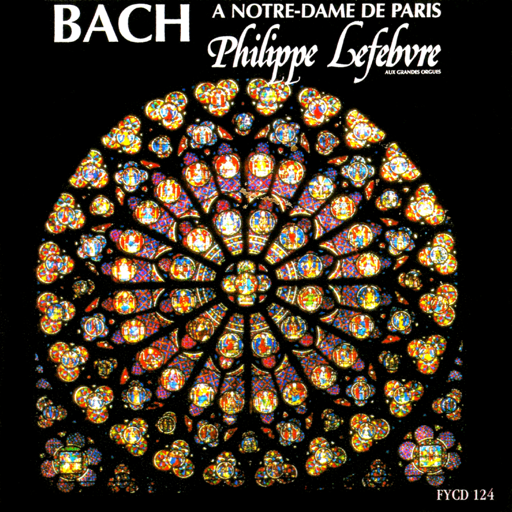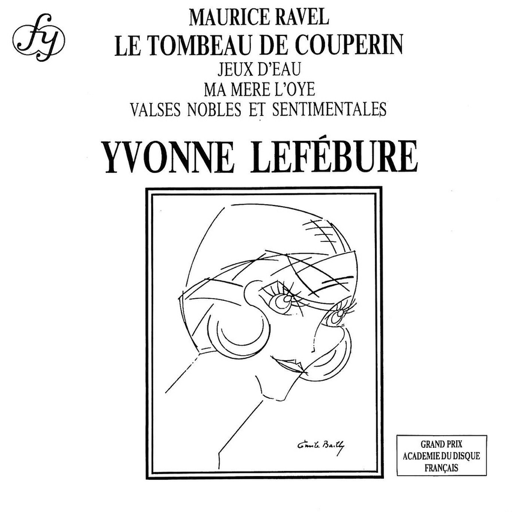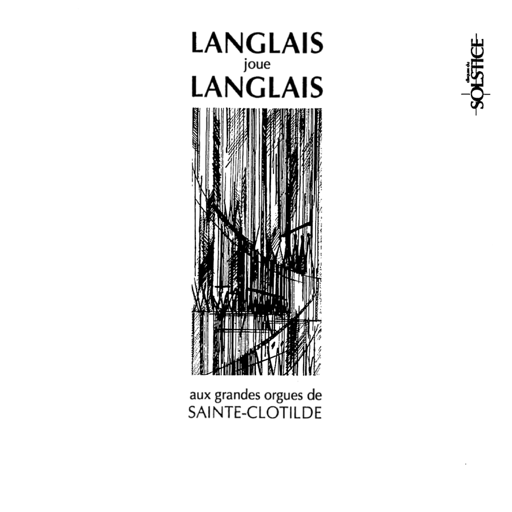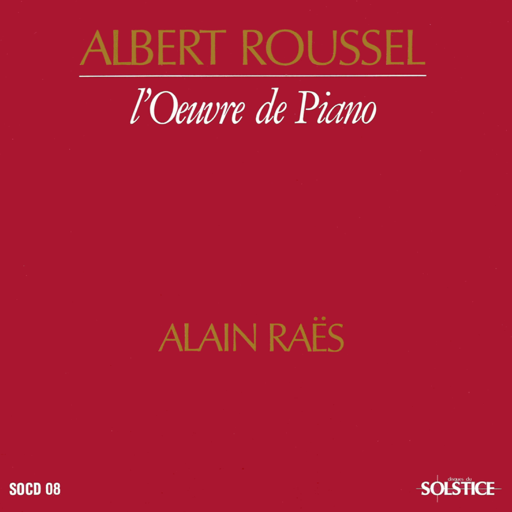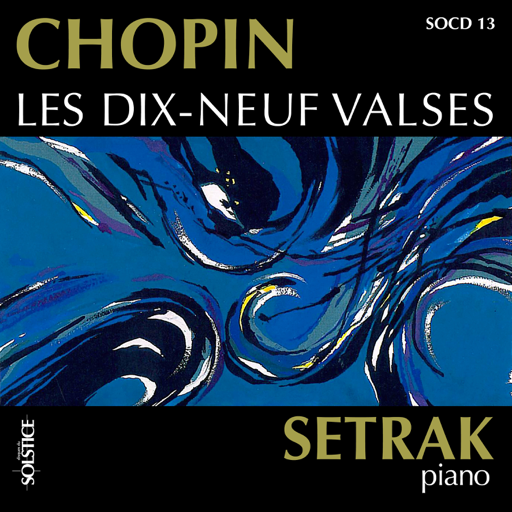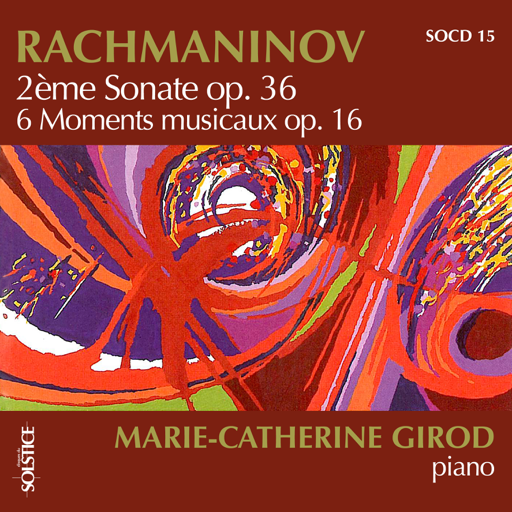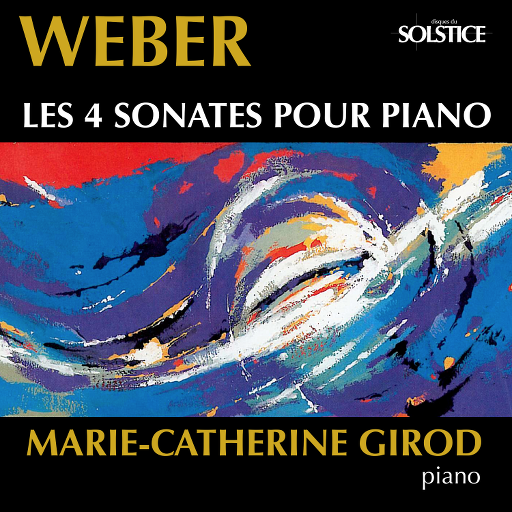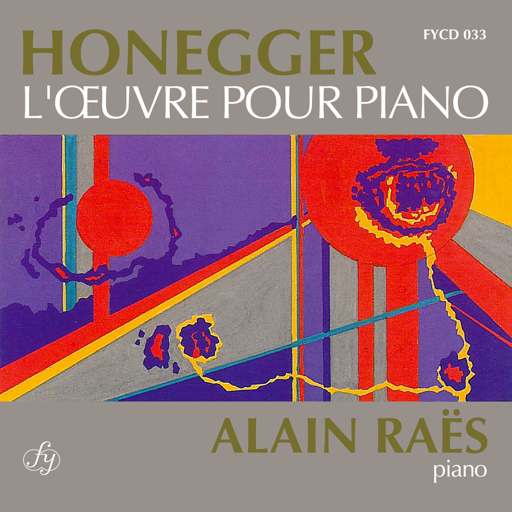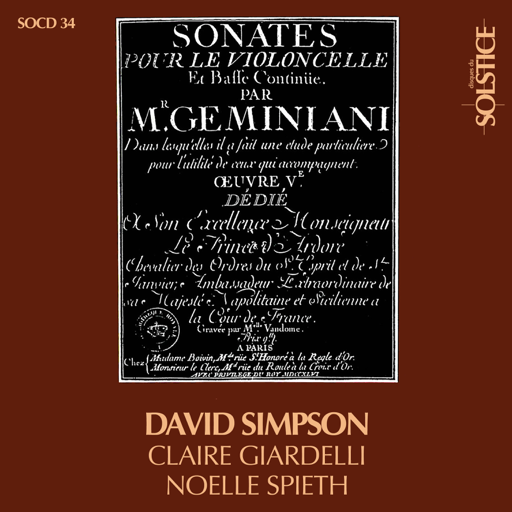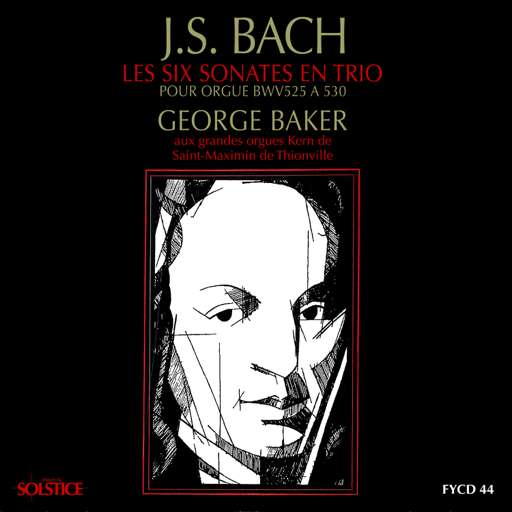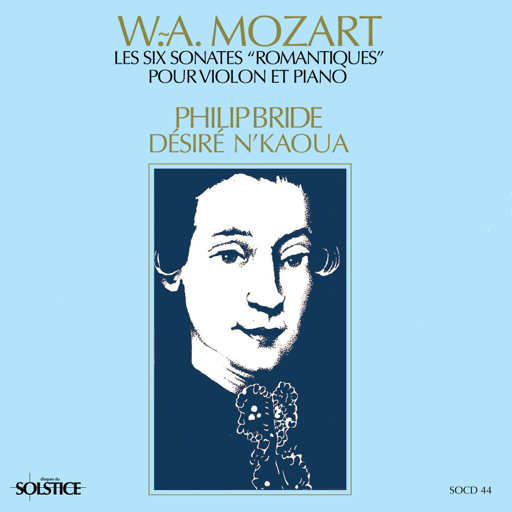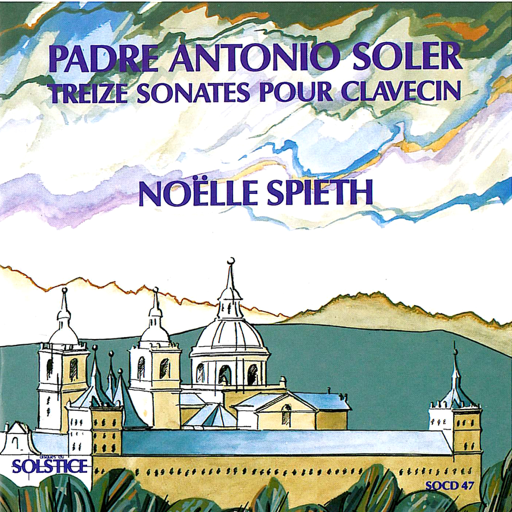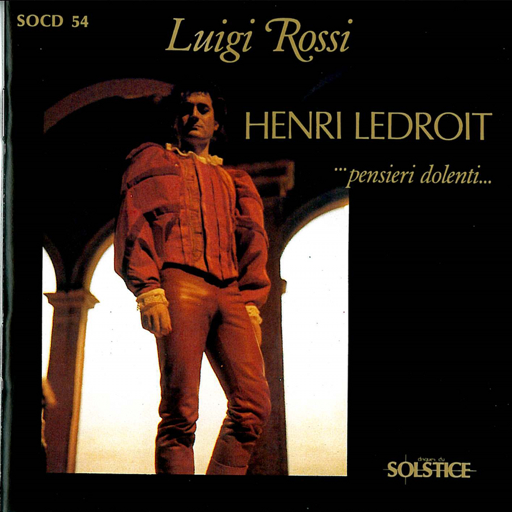CATHERINE COLLARDIn concert (1969-1970-1972)SOCD414 These recordings were captured on the spot at the end of the 1960s - unpublished INA where we discover an interpreter inhabited by the fervour of her twenty-two years. These precious archives attest to the strong personality of the artist as well as to her extreme fragility through a sensitivity at the edge of her skin. Yvette Carbou CZIFFRA LIVE IN CONCERTUnreleased recordings 1960-1962SOCD411/12 Cziffra was not very Orthodox, and not very Catholic or Jewish, either. He was a gypsy, heterosexual, son of a cabaret musician who had played in Paris before the first world war. This was not very well thought of, either in Hungary where Roms are still an ethnic minority, apart in the nation, or by the Hungarian diaspora, which snubbed him. Those hard-of-hearing are unpardonable. Martha Argerich has said how she felt class disdain regarding her confrère when she told famous musicians how much she admired him. He had none of the art and manners necessary for imposing oneself in the profession. Without really having any students, he would help pianists whom he advised and supported thanks to the foundation he had created. But a professor, he would not be: formerly a phenomenal child prodigy, he knew that the essentials cannot be taught and, even less, learned, yet his theoretical training had been solid, the youngest student ever admitted to the Franz Liszt Academy. Alain Lompech COCHEREAUThe Centenary - Unreleased RecordingsSOCD409 
On 9 July 2024, the year marking the 40th anniversary of his death which occurred on the night of 5-6 March 1984, Pierre Cochereau would have turned 100. On the eve of his death, the man was manifestly exhausted by an overabundance of work, but the musician was at his peak: the final tracks of this Disc du Centenaire attest intensely to that, making dizzy anyone tempted to project himself into a sort of musical uchronia of a Cochereau surviving himself. If… Michel Roubinet |
SUNDAY RECITALS AT NOTRE-DAME IN PARISMichel Chapuis, André Isoir, Odile Pierre & Xavier DarasseSOCD413 
This album adds to the rich SOLSTICE catalog four new names among the most famous of this time of the French organ. One of the interests of these live recordings is the possibility of expanding the “official” discography of some musicians, as here for three of them. All born in the first half of the 1930s, musicians whose art revives thus in concert at Notre-Dame have many similarities as to their training, for courses that are nevertheless significantly different. Michel Roubinet DIÉMER, WIDOR, DUPRÉFrench melodiesSOCD410 Like Debussy, Fauré, Duparc or Chausson whose mélodies are the backbone of numerous recitals and recordings, this programme illustrates an ill-known or even unpublished portion of the songs of composers whose primary universe is turned towards instrumental music for organ or piano. Bernard Chapron LABRIC PLAYS WIDOR’S 7TH & 8THEpilogue of the Complete SymphoniesSOCD407/8 For quite some time now, Yvette and I have continuously striven to rescue the recorded legacy of Pierre Labric from oblivion. To pursue this indispensable memory work there still lacked the Widor symphonies, recorded in 1971 and first released in the United States by the Musical Heritage Society. This LP set was quickly sold out and subsequently became the object of pirate transfers. The American edition suffering from a mediocre pressing, we long hesitated in using it up to the day the miracle occurred: informed of our problems, a Rouen doctor informed us that he had just acquired at auction (!) a fair number of tapes from the original collection. Thus, fifty years after their recording (in which I was allowed to take a modest part), we found ourselves in a position to give life to the Seventh and Eighth Symphonies, these twin compositions hatched the same year (1887). This reissue can only delight this prestigious musician who celebrates his 102nd birthday this year 2023. François Carbou |



